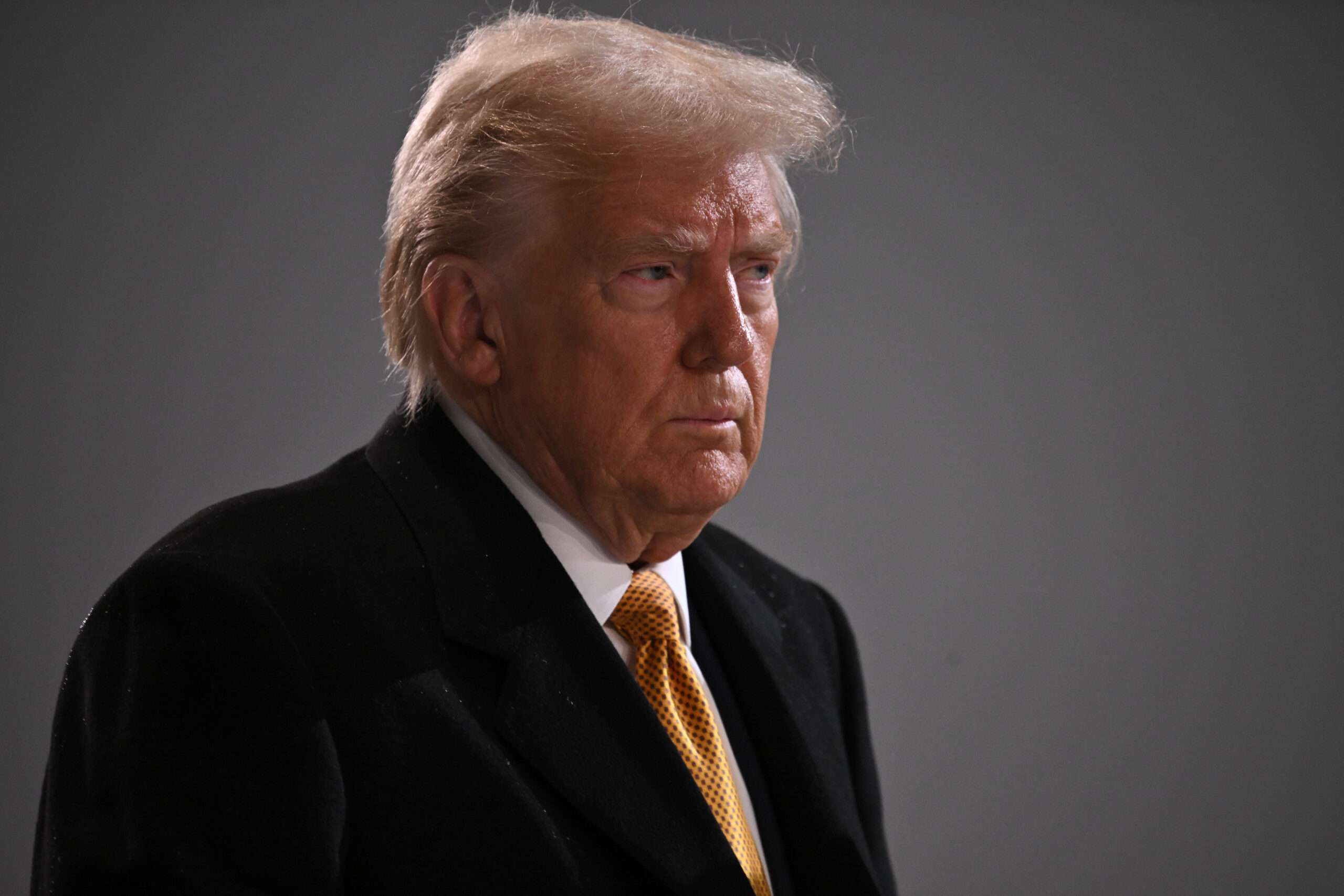Trump Targets Tech Companies
The Looming Threat of Anti-Tech Policies Under the Trump Administration
The Biden administration has been a challenging period for tech companies, marked by aggressive antitrust actions and regulatory scrutiny. Disappointingly, the incoming Trump administration appears poised to follow a similar, if not identical, path, raising concerns about the future of the tech industry in the United States. Despite occasional deviations, Trump’s first term was characterized by public criticisms of big tech, calls for stricter regulation, and attempts to ban TikTok. The Department of Justice and the Federal Trade Commission also launched lawsuits against Google and Facebook, respectively. The selection of J.D. Vance as vice president, a known critic of major tech companies and a supporter of FTC Chair Lina Khan’s aggressive antitrust approach, further solidified this trajectory.
Trump’s recent appointment of Gail Slater to lead the DOJ’s Antitrust Division signals a continuation of the anti-tech stance. While Trump’s rhetoric of "Making America Competitive Again" might sound appealing, the underlying approach appears to favor government intervention in determining market winners and losers. Both Republican and Democratic administrations have increasingly utilized antitrust laws to target politically unpopular tech companies, even in the absence of traditional antitrust violations. This expansive interpretation of antitrust law often penalizes companies for successfully competing and introduces concepts like "speech neutrality" into the legal framework, concepts that traditionally have not been part of antitrust considerations.
The Biden-era FTC’s aggressive antitrust agenda, which de-emphasizes consumer harm as a primary concern, has affected businesses across various sectors. It remains uncertain whether the Trump-Vance administration will extend this broad approach or focus solely on the tech industry. However, the selection of Slater, described as an "antitrust hawk," suggests a continuation of the current trajectory. Experts like Matt Stoller believe Slater will likely pursue the existing monopolization cases against Google, Apple, and others, as well as ongoing investigations into various corporations. Slater’s background and association with J.D. Vance indicate a shared skepticism of big tech’s power and a potential inclination towards breakups.
The uncertainty surrounding the future FTC chair adds another layer of complexity. While potential candidates like Andrew Ferguson have pledged to reverse Khan’s "anti-business agenda," they also express a commitment to focusing antitrust enforcement on Big Tech. This apparent contradiction raises questions about the genuine intent and suggests a potential continuation of politically motivated investigations, albeit with a shift in targets aligned with the new administration’s agenda.
Beyond antitrust concerns, the incoming administration’s approach to "free speech" also raises red flags. Republican commissioners at the FTC and FCC have been accused of manipulating "free speech" rhetoric to justify government intervention and control over online speech. This trend, if continued, could lead to further restrictions on online expression under the guise of protecting free speech, mirroring similar tendencies observed during the Biden administration. This manipulation of free speech concepts raises serious concerns about the future of online discourse and the potential for government overreach.
Recent developments involving TikTok further exemplify the government’s increasing willingness to intervene in the tech sphere. A court ruling upholding the government’s ultimatum for TikTok to sell to an American owner or face a ban sets a dangerous precedent for future crackdowns on foreign-owned businesses. This decision not only jeopardizes TikTok’s operations and impacts its American users but also opens the door for reciprocal actions against American tech companies operating abroad. Furthermore, the court’s justification, which prioritizes blocking potential foreign influence over free speech concerns, establishes a concerning legal framework that could be exploited to justify future censorship.
The intersection of antitrust enforcement and free speech concerns creates a complex and potentially perilous environment for tech companies. The incoming Trump administration’s apparent continuation of aggressive antitrust policies, coupled with a distorted interpretation of free speech principles, suggests a challenging period ahead. While some hope remains for a more market-oriented approach, the current signals point towards a continuation of politically driven investigations and interventions, potentially reshaping the landscape of the American tech industry. The potential implications of these policies extend beyond individual companies, affecting international trade relations, the future of online platforms, and the very definition of free speech in the digital age. The tech industry and its observers must remain vigilant and advocate for policies that promote innovation, competition, and genuine free expression.
Share this content:












Post Comment